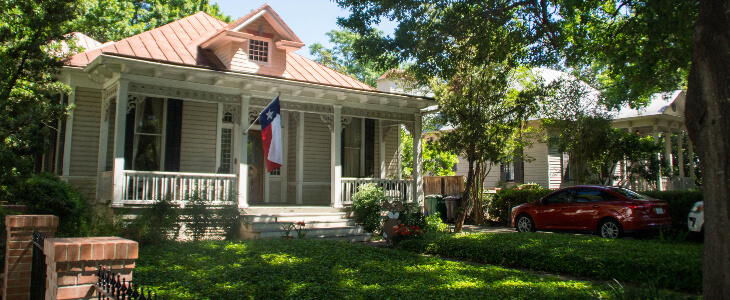Although a home does not count as a resource for purposes of eligibility for Medicaid long-term care benefits, the Medicaid program can “take” the home when the beneficiary dies. The Medicaid Estate Recovery Program (MERP) can file a claim against the probate estate of a deceased recipient to recover the cost of benefits provided. If a deceased beneficiary has a probate estate, the largest asset is usually the home, which was not counted as a resource when the beneficiary applied for Medicaid. Consequently, if the beneficiary has a home, car or other valuable excluded asset, it is important to put a plan in place for avoiding Estate Recovery before applying for Medicaid long-term care benefits.
Avoiding Estate Recovery
MERP is limited to filing a claim against the probate estate of the deceased recipient. No claim will be filed if there are no assets in the probate estate. In other words, if probate is avoided for resources such as a home or car, there will be no MERP claim. For a home, a Lady Bird or “transfer on death” deed can be used to avoid the need for probate to transfer title to the home. With this type of deed, title to the property is not transferred until the grantor dies and the grantor retains the right to sell the home and keep the proceeds. Nancy Stone, Attorney at Law, assists clients with drafting Lady Bird deeds and planning strategies for avoiding Estate Recovery.
Notice of an Estate Recovery Claim
If you have received a notice of a MERP claim, we can assist with responding to the notice, asserting any available exemption, waiver, or deduction to avoid or reduce the claim, and navigating the procedural requirements for a MERP claim.
Exemptions from MERP Claims
Medicaid will not file a claim after the death of the recipient if there is a
- surviving spouse
- surviving child under age 21
- surviving child of any age who is blind or disabled
- unmarried adult child who resided in the beneficiary’s homestead for one year before the beneficiary’s death
If the beneficiary was Native American or an Alaska Native, certain assets may be exempt from a MERP claim. Undue hardship waivers are also available in very limited circumstances.
Even if an exemption, waiver or deduction may apply in a beneficiary’s situation, it is important to have back-up plans to ensure that a family home is not lost to Estate Recovery.
No Recovery If Not Cost-Effective
Medicaid will not file a claim against the probate estate if the value of the recoverable estate is $10,000 or less or if the amount of the Medicaid claim is $3,000 or less.

